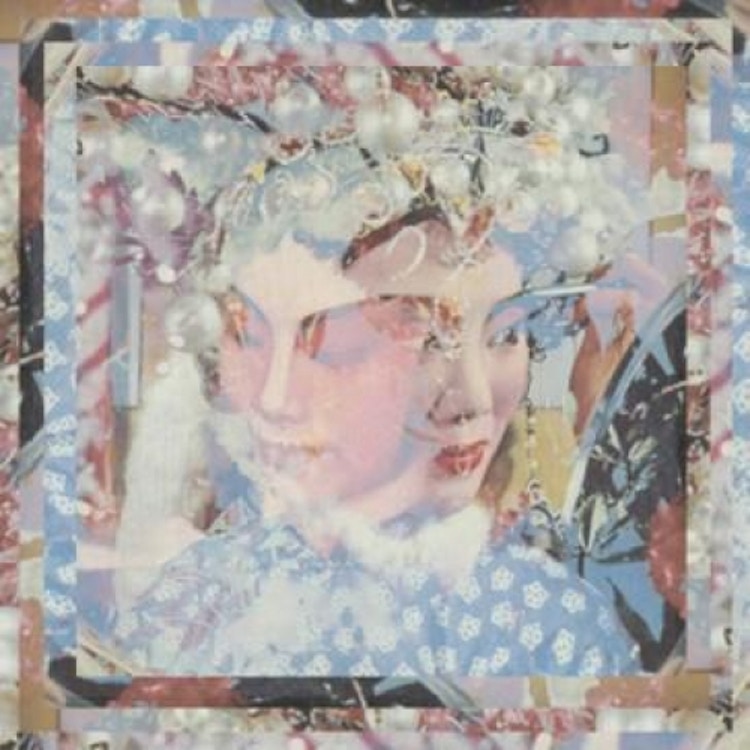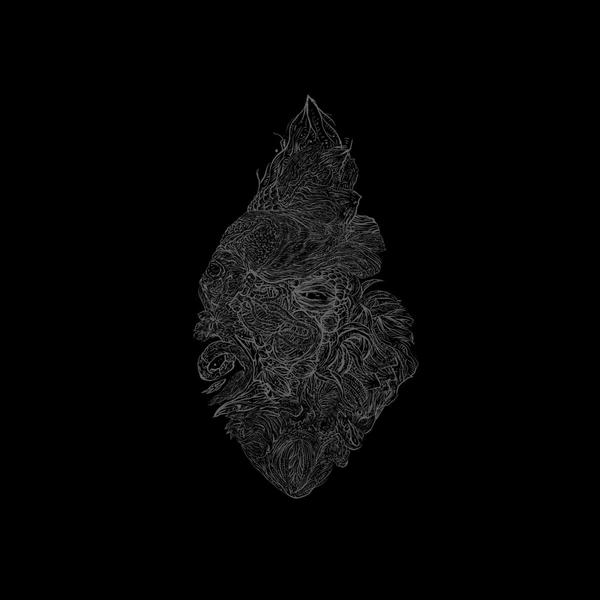"Out Of Touch In The Wild"

It was just three short years ago that Stockport’s Dutch Uncles were being heralded as future pop princes by the sharpest of blogs and the most hopeful of the industry. The fact that they then brought out two albums in relatively swift succession, proving them to be both purposely prickly and enthusiastically obtuse, quelled the nasal voices of those who wished to put them in a convenient box, no matter how pretty and poppy that box may have been.
This, their third, album has a feel of coherence and near-uniformity that was missing from the angled lunges of those previous outings, offering a set of ten songs that tease and tenderly manoeuvre around the parameters of prog-pop with some considerable grace and intellect. While edges may have been papered down, there’s still much in the way of adventure and experimentalism to recommend it to those looking for considerably more than retro pop.
The songs here though are at first reticent, early listens allowing the listener an appreciation of the overall sound without offering an easy entry point to the rather luscious layers within. It’s an initially tough skinned fruit is what it is – but a vivid and colourful one nonetheless.
It’s easy to appreciate the presentation of something like ‘Fester’, all woozy atmospherics and somnolent synths, very obviously a carefully prepared aural treat. Same for the addictive, obviously retro shuck of processed pop-corn, ‘Threads’ – it’s a Talk Talk fantasy being lived out large. Yet beneath the pleasing veneer of strings ‘ n’ synths, arms folded around one another for warmth, there are some very good songs, children poking their heads around the corner of the living room door, eyeing up the visitors and ready to be clever for the adults’ entertainment.
Fans of the spider-legging guitar and wonky time signature the Duncles certainly are, and on tracks like the textured ‘Pondage’, Duncan Wallis’ resounding, androgynous voice filling in the gaps, they achieve something like clarity – it seems to be a clearheadedness conjured from joy – though apparently the album is one intended to tackle themes of addiction.
The latter is clear on ‘Bellio’ (‘Put the paper to my face until I shake’) – a conspiratorial, perverse celebration of experience including “praising your body”. While its insistence further illuminates ideas of habit and desire it’s in the track’s brevity and heart that most pleasure can be gained – a slim river to cross but a deep and life-filled one all the same.
There are insidious melodies aplenty here to be nurtured to life and revealed by repeated listens. We may expect pop music to be easily accessed and understood but the form is approached differently here, the folds of its flesh explored with nimble fingers and considered care.
There’s more joy, more stoicism, and a little more wonder on the genuinely haunting ‘Godboy’ – its shivering blips and reversed sounds shivering through the spine as an XTC/Go-Betweens flurry falls around you, leaning on complex but beautiful melodies to create an intricate web of mathsy, science-magic.
Cryptic? They have that adjective covered. ‘Zug Zwang’, named for a situation in a chess game where the player has no option but to make a specific move, is a filmic flounce of a song – it may be heralded by sombre strings but it twitches and flits across the dance floor dropping petals as it goes, powered along by the superbly strict beats of Andy Proudfoot. Is this a rictus grin or one of genuine pleasure?
Maybe there’s a little bit of explanation to be found in the twin pairing of ‘Phaedra’ and ‘Nomento’ (deal with how prog that sentence was. Deal with it) , the former a Kate Bush delicacy, glowing in auburn – “You know you’re gonna die/It never comes as a surprise” – that lurches low into its massively satisfying follow-up – “I know I can’t decide (….) We’ve got a lot of talk and hate to come/We’ve had a lot of fun before it goes wrong”. Surely there’s a glimmering, glinting eyes-wide smile in the delivery of these stoic bon mots. It seems best to choose to embrace the record as one of positivity in the face of possible anguish – however it may have been intended by writers Peter Broadhead and Robin Richards.
It’s through that kind of drawing in of the material around you, of feeling it bloom and jerk, twist and peacock around the walkways of the heart and mind that you’ll be best affected by Out Of Touch In The Wild – a warm-hearted lover of an album that is hard to pin down but acquiesces to exploration and will, in a fairly filthy way, leave the listener sated, satisfied and inspired.
Get the Best Fit take on the week in music direct to your inbox every Friday

Lady Gaga
Mayhem

Rebecca Black
SALVATION

Sasami
Blood On the Silver Screen





